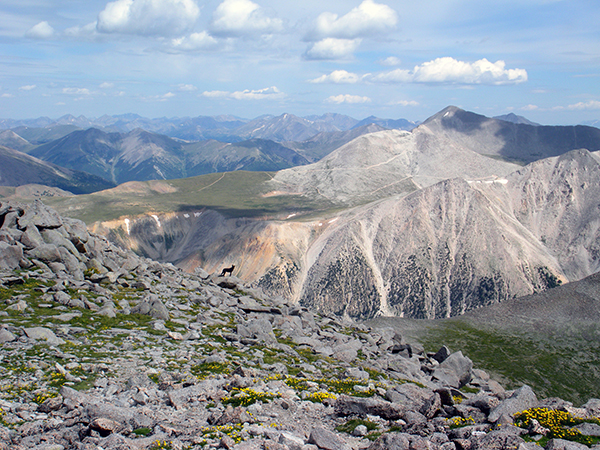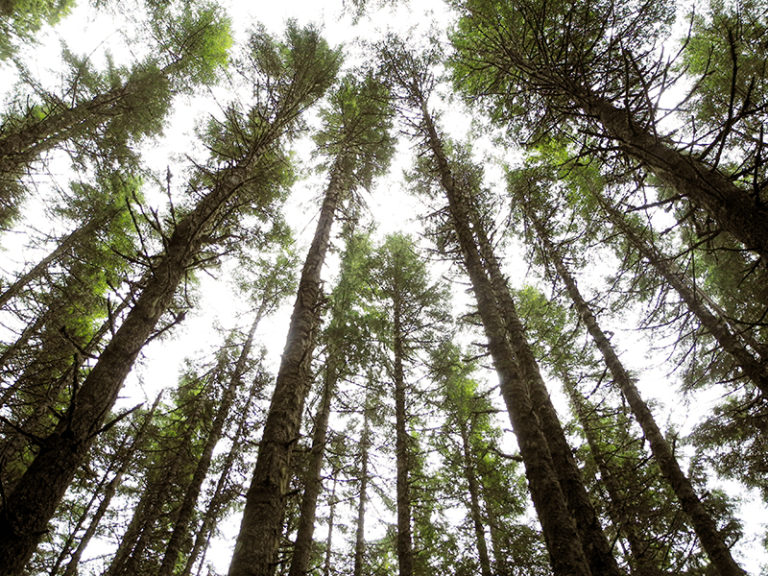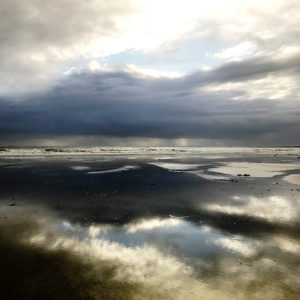
If I want to slip into the saddest place my brain can take me, I don’t think of the day of Kenai’s death. I think of the day after. The day I opened my eyes after my worst nightmare and realized it wasn’t a dream. It all happened. She’s gone. I’m here and she’s not. When I think of that day, tears instantly begin to well and the pain in my chest is so deep that more than a year later I still have to gasp for breaths. The tears soon begin to fall – such as they are right now as I write this – and I drift through the sadness until remember I have to keep going. Keep living.
This pain is something I wish on no one, but sadly I believe it is something everyone experiences. It’s the pain that comes from loss. As humans, we are able to comprehend that life will someday come to an end. We understand that death will happen to everyone. Death is the only absolute truth. The fact that everyone and everything will not be on Earth forever is true. It’s real. It’s the only absolute. It’s intriguing to me that following the one absolute truth is the instant of the greatest unknown. After the one thing every human and all societies know will happen, we have no fucking clue what comes next. Thus, all one can do is believe. In sociology, there’s a concept called religiousity – not simply what religion people believe, but how strongly they believe it. When it comes to death, one’s religiousity has to be at its strongest.
Soon after Kenai died, I booked a flight to see a friend. I couldn’t stand being in my house. I hated it. I hated walking in the front door. I hated the silence. I hated sitting alone crying on the couch until I made my way to bed, only to then cry myself to sleep. And I especially hated opening my eyes every morning, remembering the absolute truth of Kenai’s death. As I boarded the flight, I felt the sadness begin to creep into my heart. First a tug, then wrenches. Before I could get seated and turn my face to the window, a fist was crushing my heart, squeezing my lungs, and forcing the tears down my face. Knowing I was only on this flight to escape my current reality, made the pain unbearable.
I managed to avoid all social interactions and quietly compose myself as the flight departed. I sat back and closed my eyes, but the darkness sent me to the day after her death. I opened my eyes. We were in the clouds. “Heaven,” I whispered. I hadn’t thought about heaven since I was a child. I don’t believe in heaven; I believe in science. I was raised Christian, but by junior high Sunday mornings became the predictable weekly screaming match that ended with parents angrily pulling out of the driveway and me feeling guilty despite my protest victory.
I looked at the clouds slightly turning pink in the evening sun. I imagined Kenai in the clouds… and it made me smile. I thought of her bounding from one to another just as she would in the snow… and it made me happy. And then I got it. People need heaven to exist. They need it to exist so the pain isn’t so insufferable.
My religiousity didn’t change on that flight, but I did gain an understanding of truth. It might not be an absolute truth, but I learned that as humans we will believe anything if it can take away the pain.



